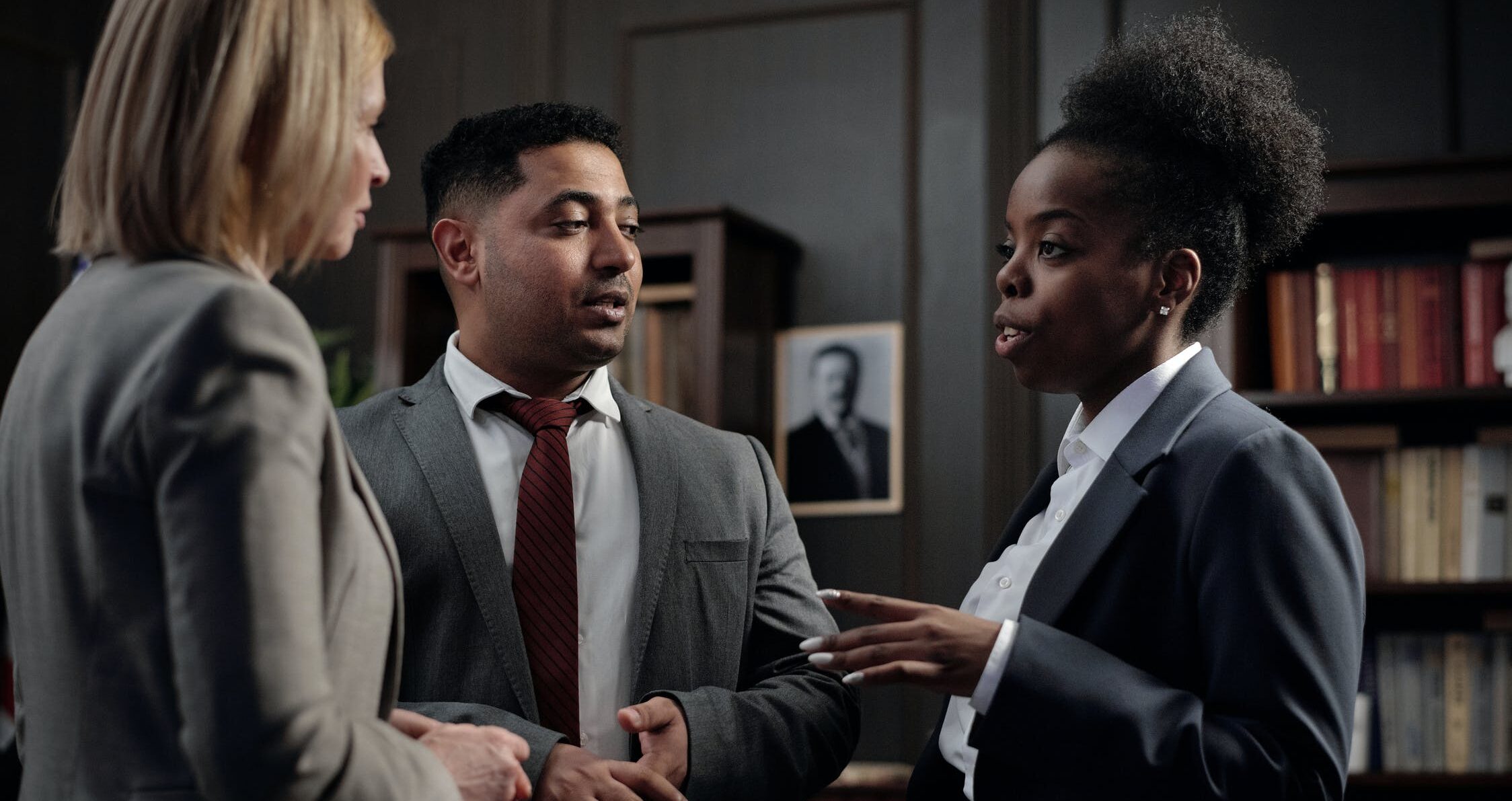
Many of us have been there. A group discussion in the workplace lunchroom or maybe a night out for drinks and dinner with coworkers. Someone gets too comfortable with their environment and steps over the line, blurting out a racial slur or an inappropriate joke. If you have experienced this, you likely still feel a great deal of discomfort or anger about the situation. The big questions we need to ask are:
- What are you going to do about it?
- Is it up to you to do or say something about it?
- Why didn’t anyone else do or say anything about it?
At first glance of the title, you may have assumed that I was referring to a word, often used either as a racial slur or a term of camaraderie within the black community. The “N” word I’m actually referring to is the word “No”. Black people working in environments where they face underrepresentation, often hesitate to correct inappropriate behaviours out of fear of retaliation. The word “no” has gone under utilized in the workplace for far too long. If 2020 taught us anything, it’s that the black voice matters and holds power inside and outside the workplace. 2020 also taught us that we are stronger as a collective group than we are as individuals. Therefore, a collective “no” is more impactful than a solitary “no”. Let’s think back to the scenario above and the questions we asked.
What are you going to do about it?
Well, let’s use an N word that holds more power than many of us realize. Our new favourite word, “No”. Quite often, those who behave inappropriately, continue to do so because the bad behaviour has never been addressed. Personally, I rarely hesitate to leverage these opportunities provide some education around why the comment or action is unacceptable. The response will not always be positive, but the person will likely think twice before repeating the behaviour in your presence.
Is it up to you to do or say something about it?
Yes… No… Maybe? My view is that nobody should complain about anything that they are not prepared to do something about. Easier said than done? Maybe, but the impact that a single individual’s actions can have on a negative situation can drive significant change in both individual and organizational behaviour. If you are not willing to do something about it, the follow up question you need to ask yourself is why anybody else would be willing to do anything about it. To clarify, I’m not suggesting that you should go to war as a one person army but starting the discussion around inappropriate behaviour, even if it is amongst allies first, can lead to progress.
Why didn’t anyone else do anything about it?
There are a few potential answers to this:
- The inappropriate action didn’t impact them in the same way it impacted you.
- There might be a lack of education around why it has such a big impact on you.
- They aren’t comfortable speaking up.
This is where education can lead to the development of true allies for the black community. Addressing the offender head on, helps to establish a higher level of awareness for the whole group. Addressing the offender in a group setting, will encourage others to take action to educate themselves or engage you to understand a different perspective. Finally, through that awareness and action, we hope to have the integration of allies within our community and others, who will to speak up in the future, whether or not you are in the room.
Where do we go from here?
In conclusion, for us to see meaningful change around race, equality and inclusion, there needs to be conversations around the topic. Uncomfortable conversations that get to the root of the problem itself. It isn’t something that will change overnight but change will come if the subject is top of mind at all times. We can’t restart the conversation about race every time a black man or woman is shot by police or an organization is publicly exposed for unfair hiring practices. There needs to be a commitment to keep the conversation going and the biggest commitment needs to come from our own community. The word “No” holds more power than it ever has, so as a community, let’s use it to spot check those who have become too comfortable using the other N-word in the workplace, which frankly…. I’m sick of hearing.
Team BoT
Check us out on Instagram


